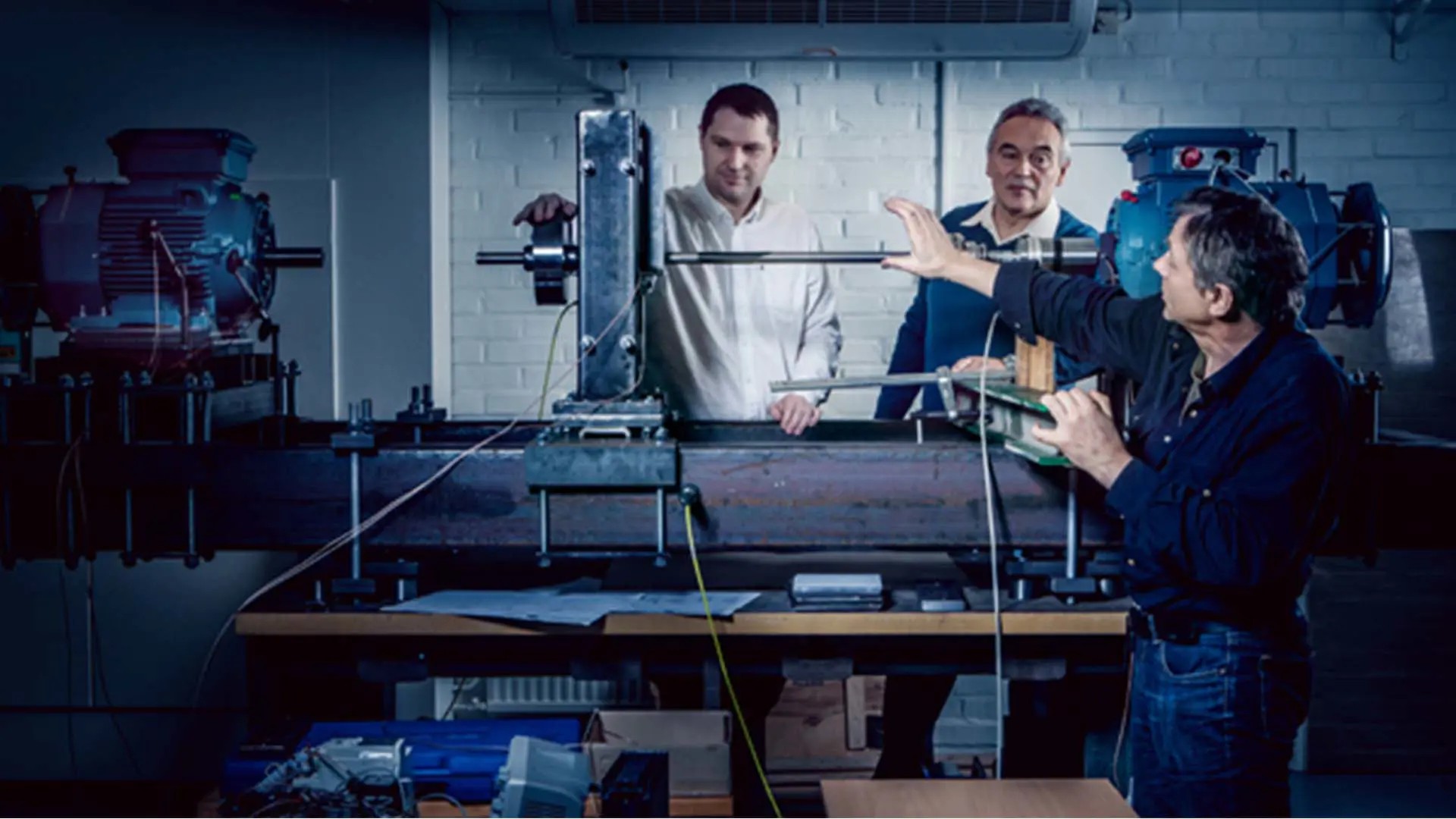
Within the Mechanical systems field fundamental and applied research is conducted to analyze, model, characterize and optimal design innovative engineered components and systems. Components and systems capable of providing built-in actuation, precision motion control features, self-powered, self-diagnostics, and self-healing capabilities while satisfying increasingly stringent vehicle, machine and mechanism design requirements.
Focus areas: modelling, transport and energy
Modelling, dynamics, control and Pareto optimization of engineering systems
Multibody mechanical systems as well as systems with smart structures, in particular system with magnetorheological, magnetostrictive or other smart material-based actuators, sensors and controllers for active technology development.
Vibrations and noise control, transmission systems, adaptive and active suspensions and mounting systems imbedded into vehicles, machines and mechanisms to enhance safety, comfort and energy efficiency.
Energy-optimal control of dynamical systems, wind power systems, drive train system dynamics, smart material-based power harvesting from vibration for self-powered sensor clusters, condition monitoring systems.
Mission
The mission of the field is to conduct basic and applied research on the controlled multibody systems dynamics and optimization. This with focus on optimal interaction between inherent dynamics and control for applications to vehicle, machine and mechanism sub-systems and components. Often taking into account multifunctionality of imbedded smart material-based sensors and actuators making the considered system an adaptronic one.
Develop well-trained engineers and researchers (at the BS, MS and PhD levels) with both experimental and theoretical viewpoints.
